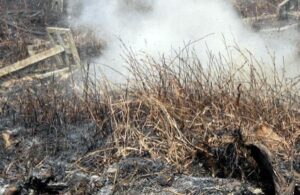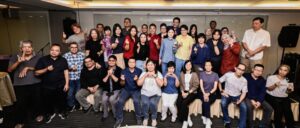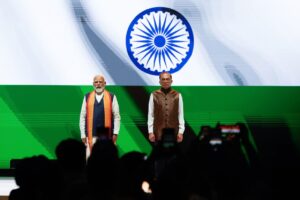KUALA SELANGOR: The Health Ministry says that more than 21,000 illegal health products, including those containing hazardous substances, were detected in the country last year, Sinar Harian reports.
Health Minister Datuk Seri Dr Dzulkefly Ahmad described this trend as worrying, with such products being openly sold online and in physical stores without oversight.
He emphasised that the seizure of illegal health products last year showed an increase compared to the previous year.
“A total of 21,571 units of illegal products were seized last year, valued at RM37.5mil, up from 20,157 units worth RM24.8mil seized in 2023.
“Of that total, 17,630 were unregistered supplements, while 3,941 were cosmetic products,” he told the Malay language daily.
He made these remarks during a press conference after the launch of the Illegal Medicines Awareness Tour Central Zone 2025, at Dewan Dato’ Penggawa Permatang here on Saturday (May 3).
“Many people are deceived because these illegal medicines are openly sold, for example, with holograms that are actually fake.
“For instance, a medicated oil product was identified as unregistered only after verification through the PharmaChecker application,” he explained.
Dzulkefly stressed that five categories of illegal medicines have been identified, including counterfeit, unregistered, containing scheduled poisons, illegally imported, and produced without compliance with manufacturing standards.
According to him, the ministry is now tackling the sale of illegal medicines through a combination of education and enforcement strategies.
He explained that initiatives such as the tour will be expanded nationwide following its implementation in Selangor.
He also noted that each year the government bears significant costs to treat complications arising from illegal medicines.
“For example, treating a chronic kidney disease (CKD) patient costs more than RM5,000 annually, so it’s better to prevent than cure,” he said.
He urged the media and the public to play an active role in spreading awareness by using verification applications like PharmaChecker and reporting any suspicious products to the authorities.
“This is not just the responsibility of the ministry, but requires the cooperation of all parties because public health is a national asset,” he told Sinar Harian.






